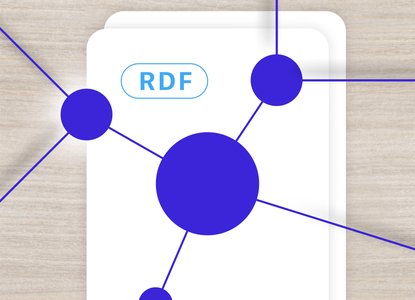Beneficial ownership data in procurement: Beyond transparency and accountability

On the eve of Brexit in December 2020, the UK government published the Green Paper “Transforming public procurement”. It details plans to “shape the future of public procurement in [the UK] for many years to come,” by “speed[ing] up and simplify[ing] procurement processes, plac[ing] value for money at their heart, and unleash[ing] opportunities for small businesses, charities and social enterprises to innovate in public service delivery.” For the first time in the UK, it also includes plans to use beneficial ownership (BO) data in procurement. The Paper proposes “to include a new mandatory exclusion ground relating to the non-disclosure of BO meaning that bidders who do not state their beneficial owner(s) will be automatically excluded”, as well as excluding certain convicted beneficial owners.
These plans are a step in the right direction, but they could be more ambitious. There are various other ways BO data can improve procurement, as highlighted in a recent publication from Open Ownership (OO) on the use of BO in procurement. Whilst the UK is arguably a global frontrunner in beneficial ownership transparency (BOT), other countries like Slovakia and Ukraine are ahead when it comes to actively using BO data in procurement processes. Forty countries accessing IMF COVID-19 related emergency funding mechanisms have made commitments to collect and publish BO information relating to COVID-19 procurement. They have done this in order to “keep the receipts” and audit government expenditure, following emerging stories of fraud and corruption in COVID-19 procurement. When governments publish BO data openly, this allows for oversight, verification, and accountability by civil society. Whilst this one of the main uses of BO data in procurement, there are additional ways in which governments can use BO data to improve their procurement processes.
Use case: Preventing fraud and corruption
BO data can be used to help detect potential signs of bid-rigging as well as conflicts of interest. A review by the US Government Accountability Office (GAO) revealed 32 cases of defence procurement with cases of “price inflation through multiple companies owned by the same entity to falsely create the appearance of competition”. Using BO data to identify links between companies bidding for public contracts and the people who hold political power and influence procurement decisions can help raise red flags for corruption risks.
Use case: Improving service delivery through competition
Detailed disclosures of BO can help reveal additional entities in complex ownership structures that may have financial liabilities (for example, the collapse of Carillion). Better visibility of ownership structures helps government buyers conduct better risk analysis for procurement decisions, and therefore deliver better services to citizens. By managing risk, they are also able to expand and diversify the supplier base, fostering competition to deliver value for money for taxpayers.
Use case: Verifying supplier eligibility in strategic and preferential procurement
Most governments try to pursue additional policy objectives through procurement, including redistributing opportunities and resources. This can involve reserving contracts for businesses owned by certain disadvantaged individuals and groups. For instance, in South Africa, the government’s Broad-Based Black Economic Empowerment Commission (B-BBEE Commission) policy aims to procure from companies with beneficial Black ownership. When governments are collecting and verifying BO data, this can be used as a valuable reference dataset to ensure the eligibility of certain businesses for bids.
Use case: Assessing policy effectiveness and improve policies
When BO data is combined with other open and structured datasets, such as open contracting and spending data, analysis can provide powerful insights into procurement practices, consumption models, and supplier transactions.
Use case: Improving procurement indirectly on a systemic level
When governments collect and publish BO disclosures centrally for the entire economy, companies can use this data to manage and reduce risk in their own due diligence processes. This improves the business environment that a government is procuring from by increasing competitiveness; reducing the cost of due diligence for companies; and fostering a business culture of transparency and trust.
Achieving the benefits of beneficial ownership data in procurement
All of the benefits discussed above can be best achieved – and some, in fact, only achieved – by implementing central and public BO registers containing structured, machine-readable, and interoperable data. OO has developed an off-the-shelf template, the Beneficial Ownership Data Standard (BODS), which provides a structured template for describing BO as machine-readable data, laying out key data points for implementers to collect. The Open Contracting Partnership (OCP), has developed something similar for contracting data, the Open Contracting Data Standard (OCDS). OCDS and BODS data are easily combined, as demonstrated in this prototype, as part of OO’s work with Indonesia, Mexico, and South Africa to support their efforts to collect BO data and link it with procurement.
Read the full policy briefing, Beneficial ownership data in procurement, here.
Image contains public sector information licensed under the Open Government Licence v3.0


